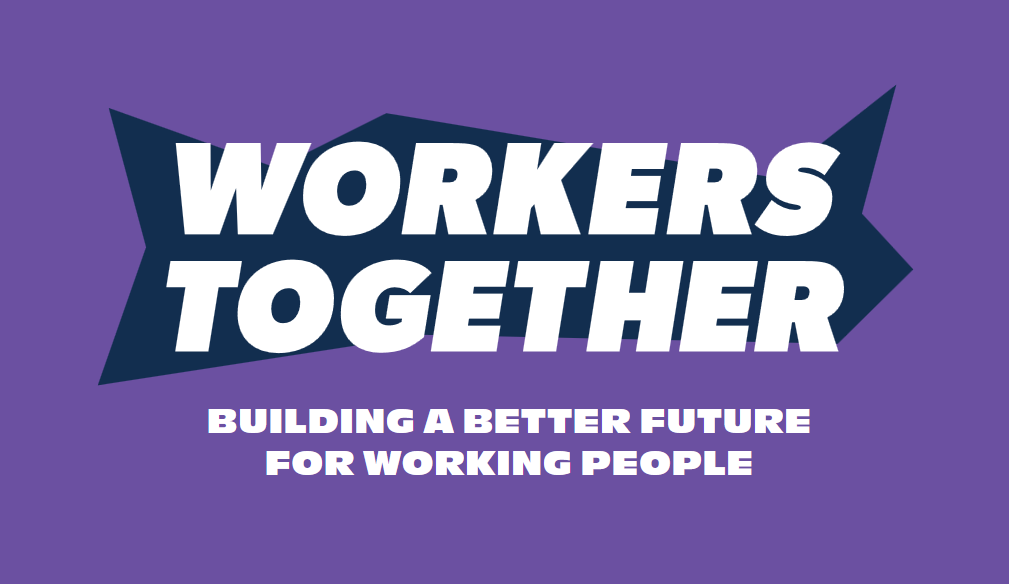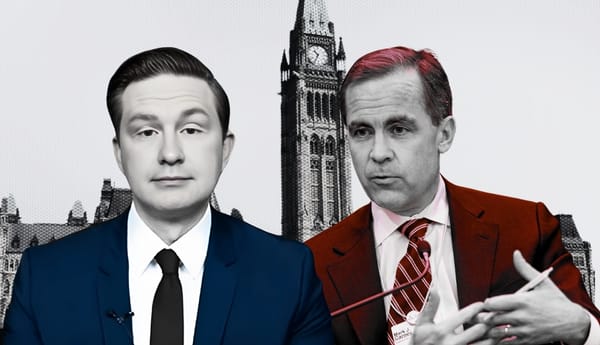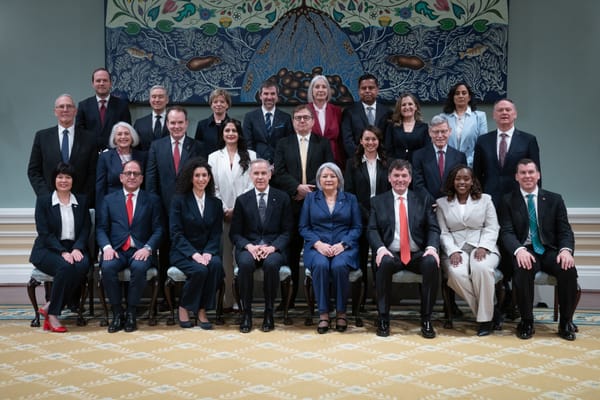As thinkers and activists on the left attempt to address the climate crisis, there has been a vigorous debate in recent years over the merits of something called “degrowth” — the basic idea that in order to meet the challenges of global climate change, our economies must shrink.
For example, the pages of the New Left Review hosted one such instance of this debate between proponents of degrowth and champions of the Green New Deal. While the latter are concerned with a revived social democratic program to make the necessary public investments to achieve energy transition and environmental sustainability, the former articulate their program as much more radical and concerned with ending the profit motive and economic growth. Some degrowth advocates even claim that plans like the Green New Deal are simply ‘green capitalism,’ leaving the overall imperatives of profit and growth in place, and thus undermining the purpose of shifting to a green economy.
As Kelsey Piper aptly summarized in Vox, degrowth imagines that, “The only solution […] is an extreme transformation of our way of life — a transition away from treating economic growth as a policy priority to an acceptance of shrinking GDP as a prerequisite to saving the planet.”
It can at times be difficult to nail down exactly what is meant by “degrowth,” as proponents use a variety of terms and measures to argue for their versions of green transformation or economic contraction. However, a central claim among most degrowthers is that GDP growth has become disconnected from improvements in human wellbeing.
A few years ago, the economist Branko Milanović engaged in an online debate with degrowther Jason Hickel. The exchange revolved, to a large extent, on precisely this issue of the relationship between growth and wellbeing. (To follow the debate, read here, here, here and here.)
For Milanović, who has spent much of his career studying global inequality, the primary problem with degrowth as an economic agenda is that its advocates fail to appreciate just how poor much of the world remains. Consequently, they underestimate the amount of misery that would be imposed by halting GDP growth, and then either freezing incomes or attempting to redistribute them to some “global average.”
According to Milanović’s calculations, even to let the incomes of the 90 per cent of the world population who currently live below the median income in developed countries rise to that latter level would require more than two and a half times current global GDP. (Keep in mind, also, that this is based on a scenario where the world population doesn’t grow. If it does, which it will, this means that average income must drop accordingly.)
In more recent work, Milanović has characterized degrowth as a form of magical thinking that refuses to contend with the consequences for the world’s poor — including poor people in rich countries — of radically contracting world GDP. According to Milanović, degrowthers must accept one of two prospects: either the present income distribution is frozen as GDP ceases to grow, which leaves 10 to 15 per cent of the world’s population in absolute poverty, or a radical redistribution of income would have to take place, so large in fact that for every person to reach a global average of $16 per day, the entire population of North America and Western Europe would have to see a decline in income. As Milanović summarizes: “Degrowthers thus need to convince 86 per cent of the population living in rich countries that their incomes are too high and need to be reduced.”
Engaging in this type of redistribution while holding GDP constant, let alone shrinking it, would require imposing economic depression for a decade or more, and then, ostensibly, holding the resultant level of incomes steady indefinitely. While GDP is by no means a perfect measure of social welfare or quality of life — a country with lower per capita GDP may achieve relatively better social outcomes, for example — the overall wealth of a country is a good predictor of how well-off the population can expect to be.
Indeed, apart from the outlier of the United States, the robustness of social welfare states is strongly correlated with GDP per capita. A country like Cuba has been able to achieve quite remarkable public health with limited resources and wealth, which ought to be celebrated and learned from. But such lone examples don’t trouble the overall trend: the poorer the country, the worse off its population tends to be on all dimensions, including education, health, welfare, etc.
Hickel, who is the author of Less is More: How Degrowth Will Save the World, has countered that nations may score quite high on education, employment, social support and life satisfaction at lower per capita incomes, according to him as low as $10,000 per year.
While Hickel is certainly correct that global inequality prevents the world from achieving much better social outcomes (the richest 5 per cent of the global population capture about half of world GDP, he tells us), his estimates for what an acceptable average per capita income looks like seem truly bizarre, and are unlikely to be politically palatable to the vast majority of people in the West.
There’s also an ongoing debate concerning whether emissions can be “decoupled” from growth. In other words, is “green growth” possible? According to Hickel, the consensus is that decoupling emissions from GDP is possible, but only over a much longer time horizon than we have to keep global temperatures under 1.5 or 2 C. In his estimation then, more immediate energy use reduction is required, which will necessarily entail degrowth.
Along these lines, degrowthers will object that their political project is not necessarily about reducing GDP per se, but rather about diminishing what they refer to as “energy throughput,” i.e. resource and energy use. They claim that this will likely reduce GDP as a result, but that this is a byproduct of reducing energy use, not the primary object.
As a variation on this theme, some will argue that overall growth isn’t important because what matters is that green industries are growing and resource-intensive industries are shrinking. It’s for this reason, the argument goes, that degrowth would be distinct from a recession: During a recession the economy as a whole contracts, whereas a process of degrowth would be planned and targeted to shrink the most environmentally harmful industries.
The latter claim, while technically plausible, obfuscates the central problem: it does in fact matter quite a lot whether or not the overall economy is growing or in recession/depression, not just because capitalists want to earn a profit, but because economic contractions hit workers the hardest. Just because your economic contraction is directed at particular sectors doesn’t change the fact that if overall growth is shrinking, we’re in a recession and the consequences for the poorest could be devastating if sustained over time.
There’s no question that capitalism is wasteful and often extremely inefficient at meeting human needs. Any politically feasible path to environmental sustainability will have to contend with both capitalism’s waste and its preventing people from accessing the services and resources they need to live healthy and meaningful lives. However, allowing or even pursuing economic contraction is no path to win workers to the climate cause. Moreover, without being hyperbolic, it’s difficult to imagine a planned program of degrowth being implemented without some revolutionary change of government — a prospect that, while many might pine for it, is unlikely.
All those who are concerned about the existential threat of climate change must think about how to work and live differently. We need to tax carbon-intensive industries and goods, which the rich consume far more of, and plan for a green and just transition to environmentally-friendly production. As Matt Huber argues, a class-based strategy that raises the material well-being of the working class is needed to win a just transition in the first place. Advocating degrowth and trying to convince workers in the West that they must undergo extreme austerity and immiseration is hardly a path to achieving this.







